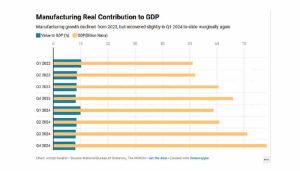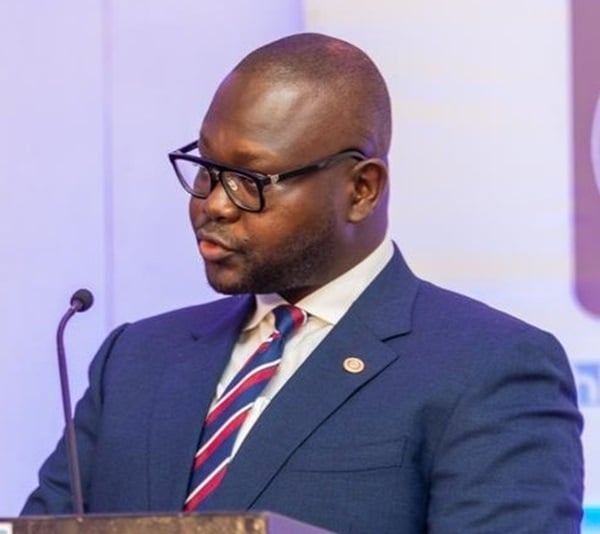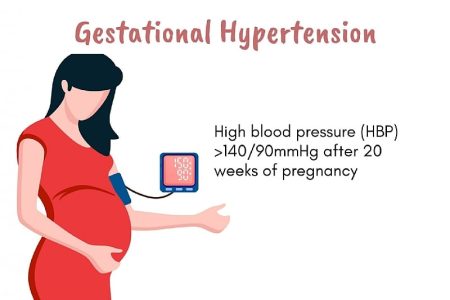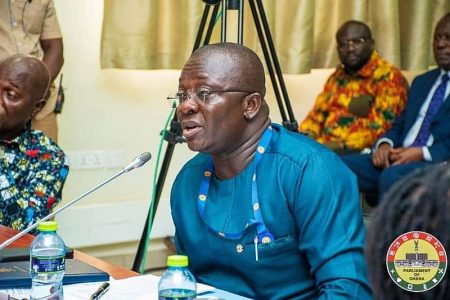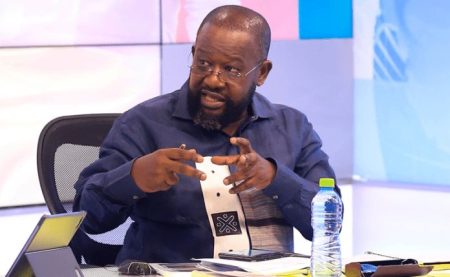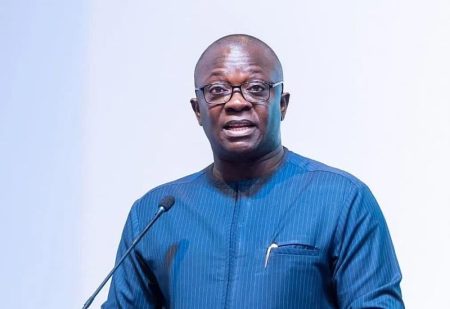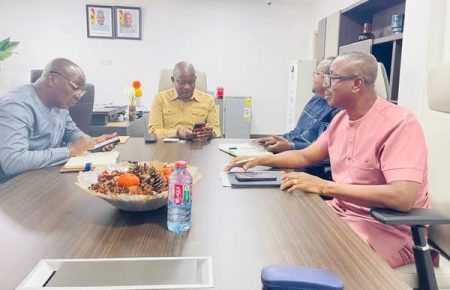The recent announcement by President John Mahama regarding the reintroduction of digital road tolls in Ghana has sparked a debate about the initiative’s origin. Former Roads and Highways Minister, Francis Asenso-Boakye, has refuted claims that the plan is a novel idea of the Mahama administration, asserting that the groundwork for a digitized toll collection system was laid during the preceding New Patriotic Party (NPP) government’s tenure. Asenso-Boakye’s statement emphasizes the NPP’s proactive steps towards modernizing toll collection, driven by the need to address inefficiencies and revenue leakages inherent in the manual system.
The controversy centers around President Mahama’s presentation at the 2025 Ghana CEOs’ Summit, where he outlined the plan to reinstate road tolls leveraging digital technology. The proposed system would integrate with the Ghana Card, mobile money platforms, and bank accounts, aligning with the country’s broader digitalization agenda. While acknowledging the current administration’s focus on digital innovation, Asenso-Boakye insists that the Mahama government is merely building upon the foundation established by the NPP. He points to the 2021 suspension of manual toll collection as a pivotal step towards implementing a more efficient and transparent system.
Asenso-Boakye details the NPP government’s systematic approach to developing the digital tolling system. He cites the utilization of existing digital infrastructure, such as the Ghana Card and Digital Address System, as key components of the modernized solution. Furthermore, he highlights the Cabinet’s approval of the digital tolling platform in 2024, which was subsequently announced in the Mid-Year Budget Review. This timeline underscores the NPP’s commitment to implementing the digital system well before the change in administration.
The former minister further elaborates on the comprehensive Public-Private Partnership (PPP) process undertaken to select a suitable concessionaire for the project. He notes that the process adhered to the Public-Private Partnership Act, 2020 (Act 1039), culminating in the selection of a Ghanaian firm. However, the final agreement remained pending ratification by the 7th Parliament before its term concluded. Asenso-Boakye expresses disappointment that the current government chose to disregard the advanced stage of the project initiated by the NPP and instead opted to restart the procurement process.
Asenso-Boakye’s critique goes beyond the procedural aspects of the project. He questions the Mahama administration’s claim of ownership over the digital tolling initiative, highlighting the NPP’s significant contributions to its development. While acknowledging the prerogative of each government to adopt its preferred procurement approach, he argues that presenting the initiative as a fresh concept is misleading and disregards the previous government’s efforts. He underscores the importance of acknowledging and building upon past achievements for the benefit of the nation.
In conclusion, Asenso-Boakye’s statement calls for transparency and continuity in governance. He argues that appropriating the digital road toll initiative as a new idea undermines the principle of building on existing progress. He stresses the importance of giving credit where it is due and emphasizes that Ghanaians deserve leadership that acknowledges and expands upon previous successes rather than rebranding them as their own. This debate highlights the complexities of policy continuity across administrations and the need for accurate representation of past accomplishments when implementing new initiatives.




